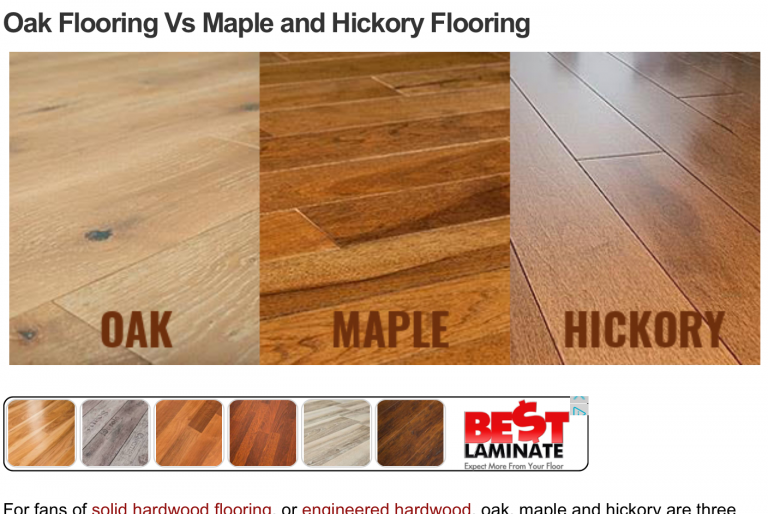And what you can do about it...
Mark Twain once said, “It ain’t what you don’t know that gets you in trouble. It’s what you know for sure that just ain’t so.”
Have you ever had this client/customer (or have you even been this yourself)? One that claims to know more about what you do than you? I had a summer job as a kid where I worked as a low level associate at a large electronics/office supply chain (It was the worst job I ever had, and no I don’t want to talk about it) and we used to call them “Brother-in-laws.”
We would be working with the customer, going through all of his needs to make sure we were recommending the right product, when he would tell us we were flat wrong about something because his “brother-in-law was an expert in electronics, and he says…”

Sometimes I wish my eyes were bigger so I could roll them more.
Those customers usually bought the exact wrong thing, returned it shortly after, and (the best part) blamed me for giving them bad advice.
I’m sure you deal with these types all the time, it’s a right of passage for real experts like us to clean up after the pretenders. Personally, I deal with people daily who say “My Uncle Rick took a shop class in high school, and he said hickory was really hard so I’d like to put it in my lake house.”

Artistic representation of a wide plank solid hickory in a lake house.
The rise of the internet has been amazing for accessing knowledge. I even saw a woman build an entire house using only youtube videos for training. But with a flood of great advice comes greater amounts of absolutely terrible advice.
Every once in a while when I feel like masochistically punishing myself for cheating on my diet, I scan the internet looking to see what kind of advice average people are getting on hardwood flooring. I recently stumbled on a blog post explaining the difference between oak, maple, and hickory. It had this picture:

Can you spot what’s wrong with this picture? Other than, “Best Laminate” is like winning “Best looking character in a Far Side cartoon.”
This would be a handy guide for people (and we like handy guides, we even wrote our own), except it’s wrong! The maple and hickory are mislabeled and should be switched.
The internet is full of things like this, and following bad advice can cost you and your clients thousands of dollars. So how do we avoid this?
What Can You Do?
When you have a customer/client that seems to know more about what you do than you do, it’s really tempting to ask them, “Oh, is there anything else you’ve never done before that you’re an expert in?” But this generally a bad play.
First, take the fact that they attempted to learn something about your craft as a compliment, rather than an annoyance.
Second, people don’t like to be told they are wrong. Wrong information sounds condescending. Instead of wrong, try “outdated.”
“People did used to recommend (whatever they thought), but lately we’ve found that (the right thing)…”
This way, Uncle Rick probably did know what he was talking about and you don’t need to insult him, but since you are an expert in this field, you’ve kept up to date on the latest trends and techniques, and Uncle Rick has kept up his game at the golf club since he’s been semi-retired since 2011.
Finally, it’s important to stress the point that it makes the most sense to take your advice from the source you are buying from. If Uncle Rick, or randomwebsite.com (I have no idea if that’s a real site, and if you go there I take no responsibility for what you might find) gives you advice and it turns out to be bad, those sources are not going to stand behind your purchase.
Unlike other flooring stores, at Revel Woods we don’t expect you to know exactly what works for you from a technical standpoint, that’s why our quiz exists. If we recommended something for you, or your clients and it was the wrong call, we are going to stand behind it.
We know this is a big purchase, that’s why we’ve got your back.